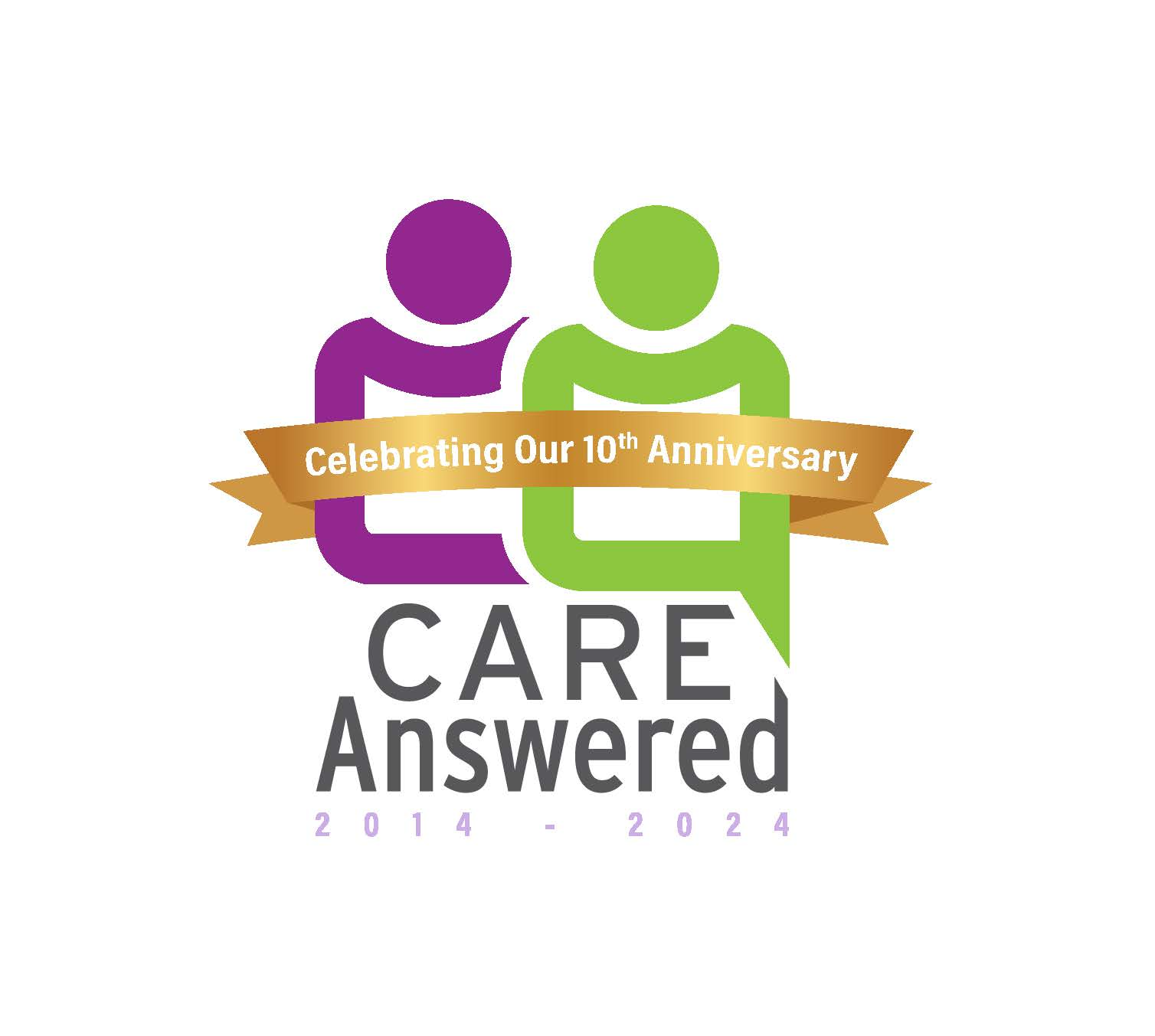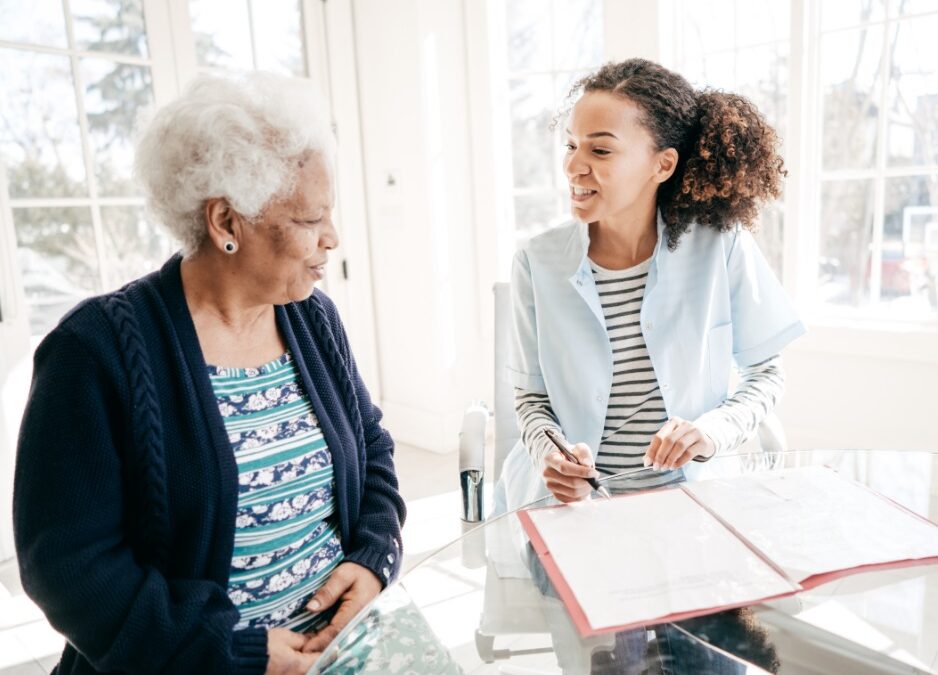Care Answered advocacy has achieved a 98% success rate in getting clients approved for 12 hour to 24/7 homecare care through community Medicaid on the on the first round of assessments without appeal. When advocating via appeal we have been able to secure for 24/7 and split-shift 12/12 homecare approval for 100% of our clients. Accessing the best care for our clients and giving loved ones peace of mind is our mission; that’s why we are proud of this success rate.
However, there are changes looming for community Medicaid that will make it more challenging to access this care level. While Care Answered will continue to work tirelessly to secure the best care for our clients, these impending changes are significant. You should be aware of them and take action immediately if long term home care is imminent in your life or the life of your loved ones.
Many of us have been hearing about these Community Medicaid changes for over a year and a half. Now they are truly right around the corner, with the first set to start on November 8. The biggest impact will be on home care. Here are the changes we are expecting:
- A patient’s primary care physician or any of one’s own medical doctors will play no part in the medical approval or home care hour determination.
- One must need physical assistance with at least 3 activities of daily living (ADLs) to be eligible for home care
- Those with a diagnosis of dementia must need supervision/cueing for at least 2 ADLs to be eligible
- The process of being evaluated for home care eligibility will change dramatically. I believe it will become even more challenging for those seeking and needing higher home care hours to receive them. According to New York Health Access, the new process will be:
- Independent Assessment (IA) by a Nurse from NY Medicaid Choice — this is the same Uniform Assessment that NY Medicaid Choice has long done for the Conflict Free Eligibility and Enrollment Center. Now, this will be the sole nurse assessment. The MLTC plans and Local DSS must use this assessment instead of doing their own. This assessment will first determine if the individual meets the new minimum-ADL requirement, if this is a new application.
- Independent Practitioner Panel (IPP) – exam by a physician, physician’s assistant or nurse practitioner from NY Medicaid Choice.
Once these two assessments are done, the local department of social services (LDSS) or community-based home care plan (Plan) will decide on the plan of care, obtaining as much additional information as needed. However, if the LDSS or Plan determines that the individual needs more than 12 hours/day on average, then they must refer the case back to NY Medicaid Choice for the extra high-need review (see below).
The law authorizes Department of Health (DOH) to adopt standards, by emergency regulation, for extra review of individuals “whose need for such services exceeds a specified level to be determined by DOH.” The assessor will review and consider whether an individual is capable of safely remaining in the community. Again, this is a panel run by New York Medicaid Choice, according to the New York Law Center.
- CDPAP (Consumer Directed Personal Assistance Program) will not be mentioned to the applicant as an option. This is the program that allows one to utilize loved ones, neighbors, or other known caregivers to provide the home care and get paid via community Medicaid. Please note that this program does still exist; however, it will not be mentioned as an option.
- Continued Assessments with take place every 12 months rather than every 6 months
- Members already approved for Community Medicaid and receiving home care will likely be grandfathered in under the previous rules for eligibility and home care hours.
Please contact Care Answered with any questions or to find out more about how you can access the care you need via Community Medicaid.
We are here to advocate and coordinate for your best care. Contact us at 516-584-207 Ext.1 or via email at [email protected].
SOURCE: New York Law Center – NYS Medicaid Cuts Final Home Care Regulations Adopted

